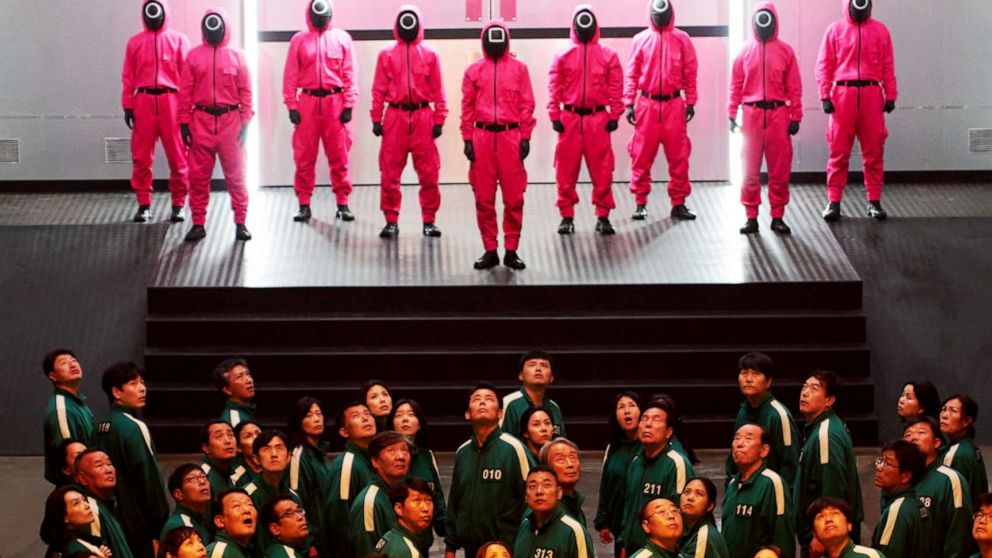South Korean drama series ‘Squid Game’ has become the current apple of everyone’s eye and is on its way to becoming the most viewed series on Netflix.
The series has garnered an exceptionally high number of views and has captured the interest of viewers across the world. It has been moving towards the top spot in a few nations since its debut. However, what people don’t know is that local studios in Korea rejected this series for over 10 years!
The show was initially scripted in 2008, but the makers were not able to crack a deal until 2019 when Netflix came on board. The series has only nine episodes; directed written by Hwang Dong-hyug.

Squid Game is a work of fiction – a survival series that expects individuals to participate in a game setup that looks like a game a child might play, the overall vibe of the game is extremely casual. The series focuses on a challenge – there are 456 players from different backgrounds, and everyone is deep in debt. The series offers the players an opportunity to win a KRW (Korean Won) 45.6 billion prizes.
“The world has changed; these focuses made the story extremely practical for individuals in contrast to a decade ago,” says Hwang, writer, and director. South Koreans have praised the achievement of ‘Squid Game’ turning into the nation’s first show to hit Netflix’s best position in the US. What’s more, internationally. It has also given tough completion to shows like ‘Parasite’, the Oscar-winning film.

The show has caught the eye of many people including Jeff Bezos, founder of Amazon, who shared a tweet praising the show saying, “Reed Hastings and Ted Sarandos and the group at Netflix hit the nail on the head so frequently. Their internationalization technique is difficult, and they’re making it work.” He added that he could not wait to watch the show.
What really worked for the show is that it first evolved as a film and was subsequently changed into a series to suit its angle better. Kim Pyeong-posse, a global cultural content professor at Sangmyung University in South Korea, thinks there is a strong explanation for the association watchers have found with ‘Squid Game’. In a conversation with the BBC, Kim said, “Individuals, particularly the young, who consistently experience the ill effects of distance and disdain, all things considered, appear to feel for the characters.”
Before this Korean series had a very different taste of stories to offer people through Netflix. They typically centered on boy-meets-girl love stories or Cinderella-esque tales of the wicked elites. A portion of Netflix’s earlier K-dramatization victories followed that playbook, including ‘Crash Landing on You’, a 2019 show wherein a South Korean citizen lands in North Korea during a paragliding mishap.
However, later show-makers started to think outside the box, winning more extensive crowds than the K-dramatization stalwarts. For example, ‘Sweet Home’, a whole-world destroying anticipation series delivered last year, arrived at No 3 on Netflix in the US.
Around 95 percent of ‘Squid Game’ watchers are outside South Korea. It has been captioned in 31 dialects and named in 13, according to Netflix.













